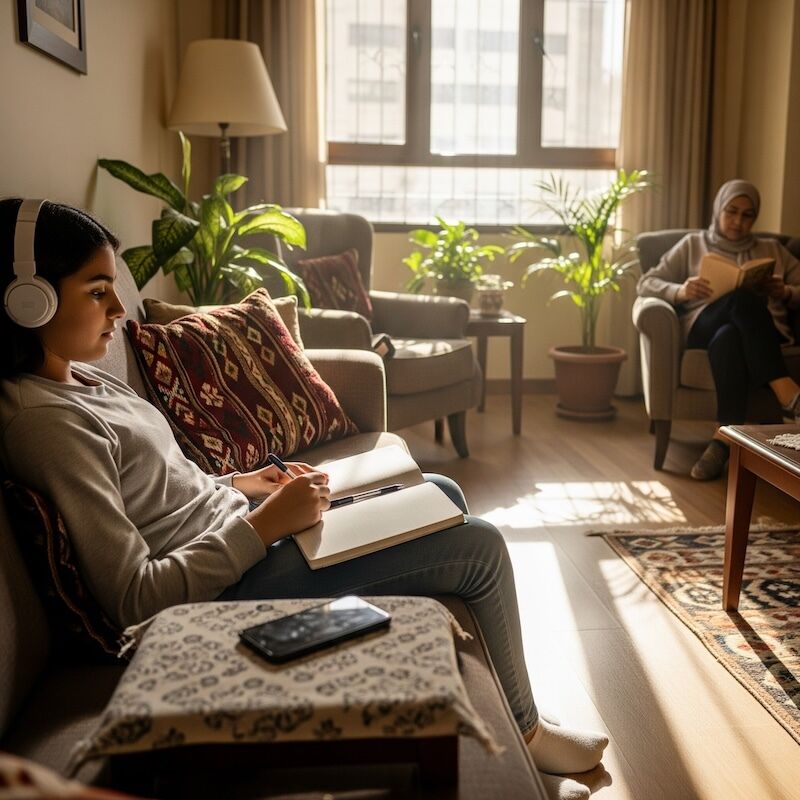In a surprising cultural shift, Gen Z teens across the UK and US are turning their backs on hustle culture. A recent piece in The Guardian (July 2025) reveals that instead of idolizing endless productivity, they’re choosing something our generation often ignored: rest, purpose, and mental health.
This isn’t about laziness—it’s about survival.
We grew up on “sleep when you’re dead,” idolized 12-hour workdays, and saw busyness as a badge of honor. But our teens? They’re asking, “Why would I want that life?” And… fair point.
Here in Egypt, the echoes of hustle culture still dominate. Teens are pushed toward academic perfection, after-school tutoring, and future careers by 16. Parents feel pressure to produce polished achievers. But what if our kids are trying to break that cycle before it breaks them?
Psychologists note that teens today are choosing slow success: smaller goals, meaningful milestones, healthier boundaries. They’re building balance, not burnout. It’s not that they don’t want to succeed—they just don’t want to sacrifice themselves to do it.
And yes, we panic. “Are they lazy? Entitled?” But maybe they’re just the first generation bold enough to call out the cost of overwork.
Here’s what we can do:
1. Redefine ambition. Talk about purpose, not just paychecks. Ask, “What kind of impact do you want to have?” instead of “What will you major in?”
2. Teach sustainable work habits. Encourage rest. Model it. Set expectations that reward effort, not exhaustion.
3. Praise presence, not productivity. When they pause to recharge, celebrate it. That’s resilience—not rebellion.
4. Let them set pace. Not every teen needs to run at full speed. Some are walkers, not sprinters—and they’ll still get there.
5. Challenge your own hustle triggers. If seeing them rest makes you twitchy, ask yourself why. Is it guilt? Fear? Old programming?
Let’s be clear: Gen Z isn’t against work. They’re against sacrificing their health and identity to meet external expectations. And that’s not weakness—it’s wisdom. They’re choosing boundaries, therapy, and joy over burnout, bravado, and breakdowns.
So maybe it’s time we listen.
Maybe we stop glorifying exhaustion as a badge of honor. Maybe we show up—not with judgment, but with curiosity. Because in teaching our kids to slow down, we might just learn to breathe again ourselves.







Leave a Reply
You must be logged in to post a comment.